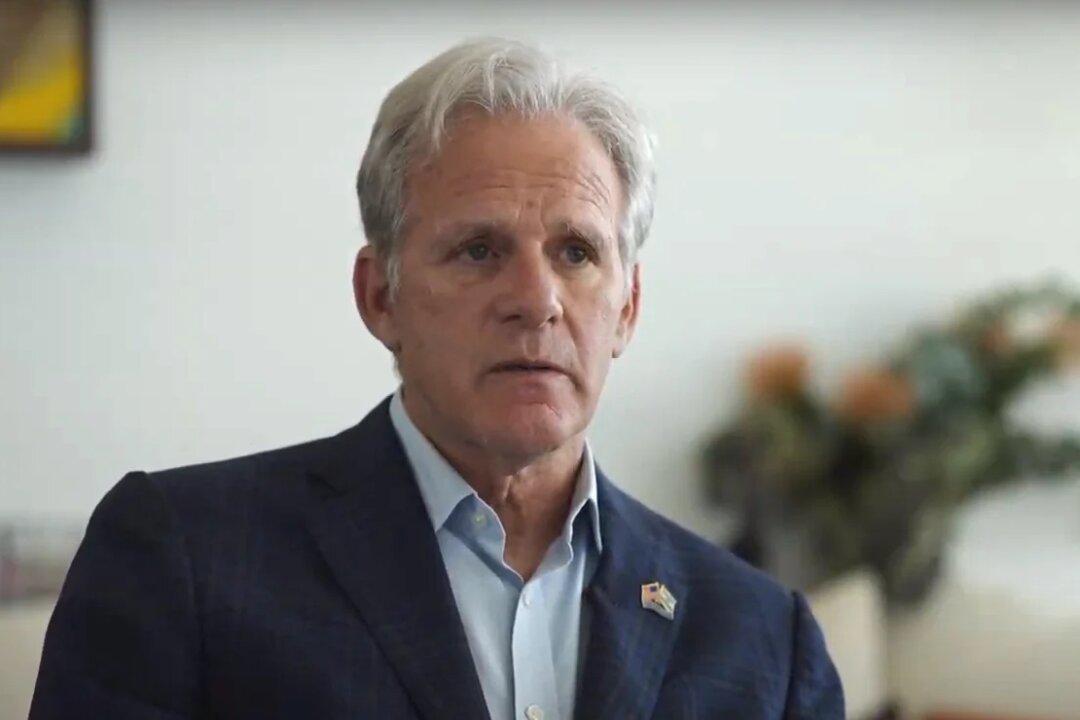Former Israeli Ambassador to the United States Michael Oren says that since Hamas terrorists attacked Israel on Oct. 7, 2023, his country has shown itself to be “the strongest and most resilient society on the planet” but has had to contend with “feelings of loneliness” on the world stage as it continues a multimonth military campaign to defeat Hamas and win the release of its hostages.
The former Israeli ambassador to the United States reflected on Israel’s position in the world and the progress of its war effort in the Gaza Strip in a recent interview with NTD’s Kelly Wright as the war stretches past the six-month mark.






